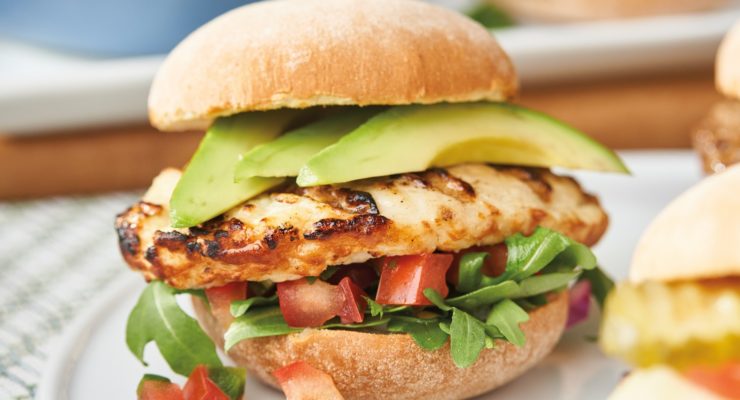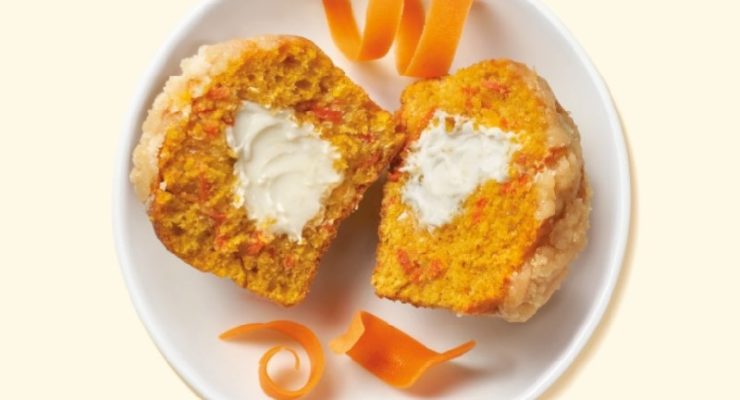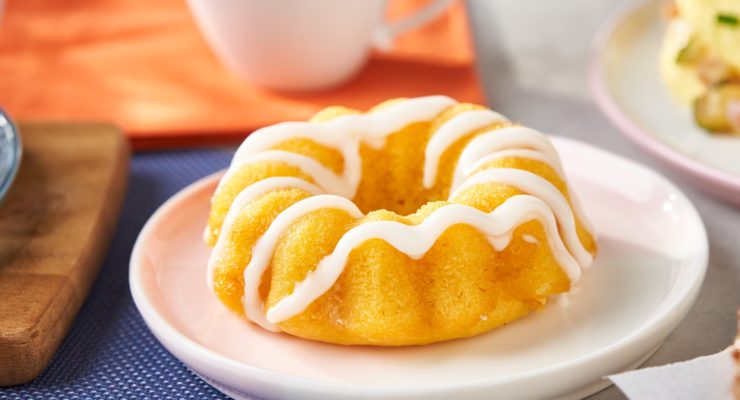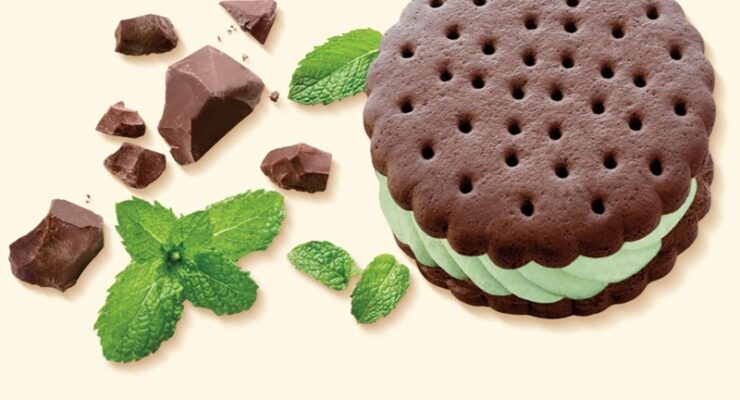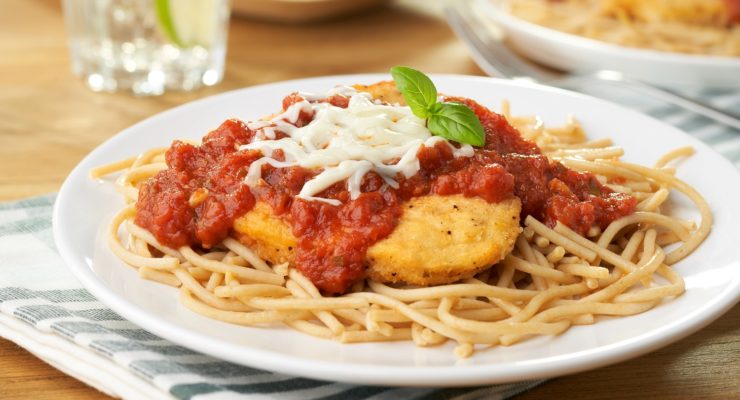Grocery Shopping 101: Your Guide to the Beverage Aisle
Article posted in: Nutrisystem for Men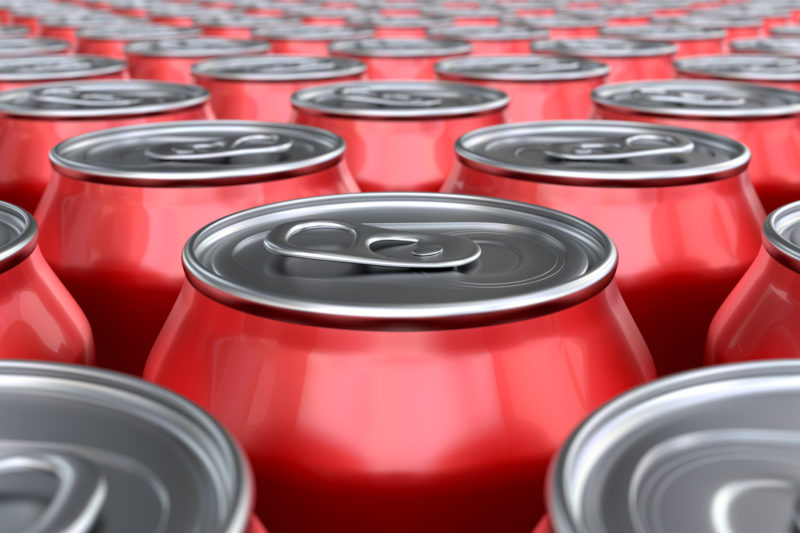
Water just might be the most important ingredient in your weight loss plan. When you are well-hydrated, your metabolism stays active and you’re likely to feel more energetic and less hungry. How much water should you drink? At least 64 ounces a day, say the dietitians at Nutrisystem. (By the way, the free Nutrisystem app is an easy way to track your daily water and beverage intake.)
Filtered tap water is convenient, low-cost and calorie-free. If you’d like a little more flavor, add lemon or lime juice, freshly sliced cucumber or mint—they’re all unlimited ingredients for those following a Nutrisystem weight loss plan. When you need more variety, you can get some of your daily fluids from a bottled beverage. Before you buy, remember these guidelines so you don’t gulp down excess calories as you’re quenching your thirst.
Waters
The bottled water choices can be very confusing. Spring water is collected from an underground source and may not be much different from water that comes from the tap. Filtered water has been treated to remove chlorine and other compounds common in tap water. Purified water undergoes more intensive cleaning to eliminate all adulterants. Mineral water, still or sparkling, naturally contains nutrients such as calcium and magnesium.
All of the basic types of bottled water are naturally calorie-free, so they’re great beverage choices when you’re trying to reach and maintain your ideal weight. But right alongside them on the grocery shelves are often “flavored” or “vitamin-enriched” varieties. These typically contain added sugars and that bump up the calorie count. Pass on them and add your own flavorings. Also be wary of “taste-enhancing” additives (such as flavored drops) that promise zero calories—they tend to contain artificial sweeteners and flavorings, and other undesirable ingredients. Enjoying foods that contain these additives in moderation is OK. Just don’t go overboard.
Soda
If you’re craving a little fizz, go for plain seltzer or club soda—they’re slightly different from each other, but both are calorie-free. As with bottled water, beware of added sweeteners in flavored varieties.
A 12-ounce can of the most popular soda brands contains up to 40 grams of sugar and 140 calories. That’s about 10 teaspoons full of sugar and a lot of calories with no other nutrients. Drinking ordinary soda can significantly slow your weight-loss progress. Diet soda is a bit more complicated. It may have very few or even no calories, but the long-running Framingham Heart Study found a 56-percent increase in metabolic syndrome (a precursor to diabetes) among people who drank one or more diet sodas per day. This doesn’t mean diet soda caused the health problems; they may be the result of other habits that people who drink diet soda share. Still, we recommend limiting yourself to no more than a few diet sodas per week.
Sports Drinks
Beverages formulated to replenish the salts and sugars that athletes burn during high-intensity exercise have become popular in recent years, even among people who simply want to quench their thirst when they haven’t worked out. The popular sports drink brands have about half of the sugar content and calories of soda, which is still enough to slow weight loss. A study published in the journal Obesity found that young people who consume one or more sports drinks each day gained more weight over a three-year period than classmates who chose other beverages. Of course, this study isn’t perfect since it applies to youth, but the fact remains: If you need to replenish fluids after exercising or whenever you are thirsty, plain water is the best option.
Energy Drinks
You’ve probably seen the ads touting the benefits of beverages that boost your energy and may even help with weight-loss. These widely popular drinks are high in caffeine and, depending on the brand, may contain various amino acids, B vitamins, and other ingredients that are promoted as readily available fuel for your mind and body. Many are also loaded with sugar. Energy drinks can be a helpful pick-me-up, but just be aware that in some cases the caffeine content of a single serving can be equal to more than three cups of coffee. This may lead to jitters, loss of sleep, and even heart palpitations.
Tea and Coffee
The classic energy beverage, tea and coffee, are good beverage choices when you’re working toward your healthy weight, if you brew them yourself. In fact, they’re “free” foods for those on a Nutrisystem plan.
Fruit Juice
Fresh fruit is an essential part of a healthy diet. They are SmartCarbs, which are high in vitamins and nutrients and packed with fiber. Drinking the juice provides you with nutrients, but no fiber to slow down your body’s digestion, leaving you feeling hungry sooner than later. The dietitians at Nutrisystem recommend limiting yourself to one serving (four ounces) of fruit juice per day.
Be sure you read labels on bottled juice carefully. You want products that contain 100 percent fruit juice. Many products have minimal amounts of real juice, supplemented with artificial flavors and colors, sweeteners and other additives. Those do not qualify as SmartCarbs—they’re low in valuable nutrients—and are best to avoid.

